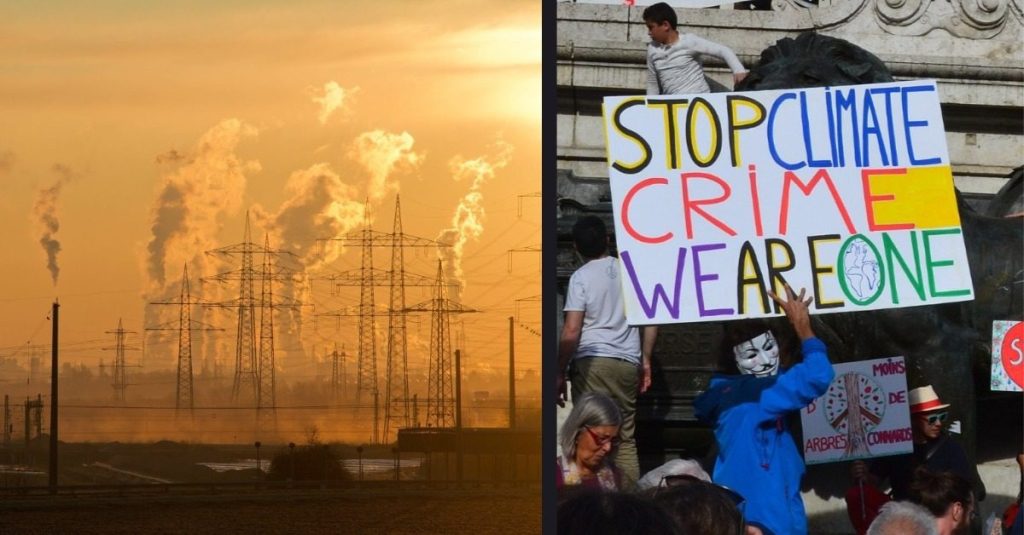Climate change has been a hot-button issue for a while now and, if you’ve paid any attention at all to how often severe and extreme weather seems to hit the planet in the last few years, you know there’s a reason why it’s talked about so much.
But it might come as a surprise to some people that, according to a study, only 10 shareholders hold the key to affecting climate change due to their enormous influence in the fossil fuel industry.

Photo Credit: Unsplash,Chris LeBoutillier
The study was conducted by researchers at the University of Waterloo in Canada and they found that only 200 companies (referred to as the Carbon Underground 200 or CU200) own 98% of the world’s potential emissions from gas, oil, and coal reserves. And the vast majority of those reserves must remain in the ground if we hope to avert a climate catastrophe.
Within that group of 200 companies, only 10 shareholders own 49.5% of potential emissions from the largest energy companies in the world and they have a huge influence over the fossil fuel industry.
Those 10 shareholders are Blackrock, Vanguard, the Government of India, State Street, the Kingdom of Saudi Arabia, Dimensional Fund Advisors, Life insurance Corporation, Norges Bank, Fidelity Investments, and Capital Group.
Researchers say that these 10 shareholders hold the key to solving the climate change crisis and eliminating fossil fuels.

Photo Credit: Unsplash,Chris Gallagher
In a statement, researcher Truzaar Dordi said, “Individually, reducing the demand for fossil fuels by driving and flying less and turning off the air-conditioner are great. We should keep doing that. But we also need to reduce our production of fossil fuels, which these 10 actors can lead.”
“Without them, we simply won’t have what it takes to meet our emissions targets and avoid catastrophe. If they’re serious, capital markets can enable a low-carbon transition within the top coal, oil and gas reserve owners in the world. Recent pledges to reduce carbon exposure in investment portfolios and engagement with the fossil fuel industry indicate we may already be moving in that direction.”

Photo Credit: Unsplash,Markus Spiske
In their conclusion, the authors of the study said, “These actors have the potential to influence major fossil fuel companies by constraining access to financial capital or by influencing corporate strategy through active ownership. However, the financial system may be unlikely to sustain the transformative changes that are necessary to respond to the climate crisis unless it is disciplined to do so.”
This is truly one of the most important issues of our time so we will all have to keep an eye on climate and fossil fuel developments.






